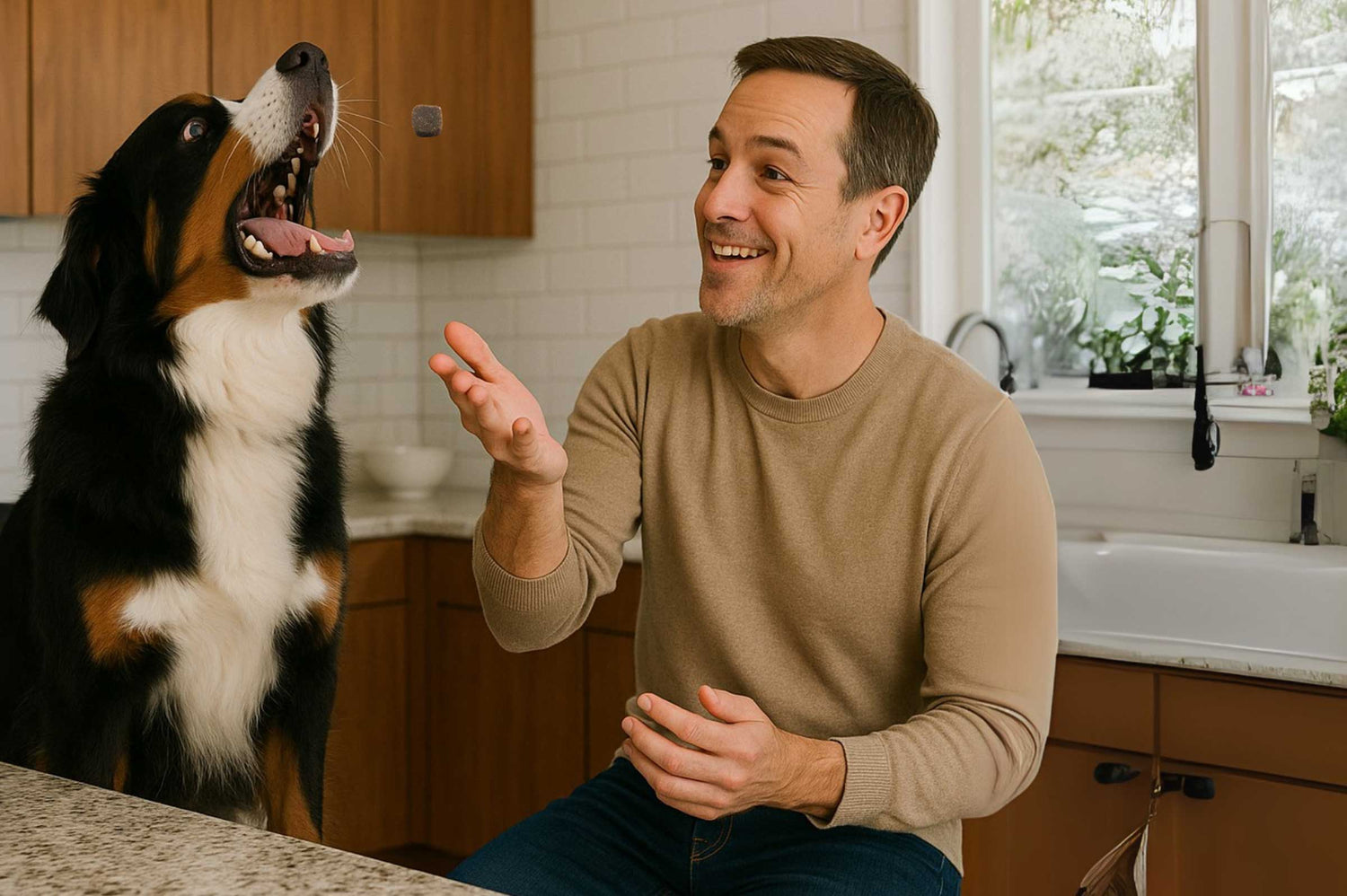Antibiotics can be lifesaving, but they don’t just target harmful bacteria. They also wipe out the beneficial microbes in your pet’s gut—the ones that help with digestion, immunity, and even mood. After a round of antibiotics, your dog or cat might seem off. You may notice loose stools, lack of appetite, or changes in energy. That’s because their microbiome is out of balance.
Fortunately, even science shows the benefits of restoring your pet’s gut health naturally. By supporting the growth of beneficial bacteria, you can bring their digestive system back on track and improve their overall well-being. Here’s how to give your pet the gentle, lasting support they need after antibiotics.
Start With a High-Quality Probiotic
The most important step in rebuilding the gut microbiome is adding beneficial bacteria back in. A daily probiotic helps repopulate your pet’s digestive tract with strains that support healthy digestion and nutrient absorption. Look for one that contains multiple strains of bacteria and is formulated specifically for dogs or cats.
Soft chews can be easier to give than capsules, especially for picky pets. A good probiotic won’t just pass through the system—it will stick around, helping crowd out bad bacteria and restore balance. Giving it daily for several weeks after antibiotic use can make a noticeable difference in your pet’s digestion and comfort.
Feed a Fiber-Rich Diet With Prebiotics
While probiotics introduce new microbes, prebiotics help them grow. Prebiotics are special types of fiber that feed the good bacteria in your pet’s gut. Ingredients like pumpkin, chicory root, and certain types of resistant starch are great natural sources.
Adding prebiotics to your pet’s meals encourages their beneficial bacteria to thrive. This is especially important after antibiotics, which often leave the gut environment depleted. By supporting the growth of friendly microbes, prebiotics help strengthen the gut lining, improve nutrient absorption, and keep harmful bacteria in check.
Avoid Processed Foods During Recovery
During this delicate recovery period, what your pet doesn’t eat matters just as much as what they do. Many commercial pet foods contain fillers, preservatives, and low-quality ingredients that can irritate the gut and make recovery harder. After antibiotics, your pet’s digestive system needs gentle, nourishing support—not ingredients that cause inflammation.
Choose a diet made with whole food ingredients and limited additives. Look for simple recipes with animal protein as the main ingredient and avoid excessive grains or synthetic preservatives. A clean diet helps reduce digestive stress and allows the beneficial bacteria to reestablish more easily.
Watch for Signs of Imbalance
Even after antibiotics are finished, your pet may show signs that their gut isn’t quite back to normal. Loose stools, gassiness, bad breath, and scratching at the ears or skin can all point to gut-related issues. These symptoms mean the microbiome still needs support.
Paying attention to these early clues can help you act quickly and continue giving your pet what they need. Don’t assume things will “just work themselves out.” A combination of probiotics, a clean diet, and prebiotic fiber can help you get ahead of long-term issues and restore your pet’s digestive health more completely.
Support the Gut-Lining and Immune System
The gut isn’t just about digestion—it’s also a major part of the immune system. After antibiotics, the protective lining of the gut can become weakened, making pets more vulnerable to allergies, infections, and inflammation. Nutrients like L-glutamine, zinc, and certain mushroom extracts can help rebuild this barrier.
These nutrients work best when combined with a targeted digestive supplement that includes both prebiotics and probiotics. Supporting the immune system through gut health sets your pet up for long-term wellness. A healthy gut helps them feel better, act more like themselves, and stay resilient through stress or illness.
Give Their Gut a Fresh Start With VetSmart Formulas
Your pet deserves to feel their best—even after antibiotics. VetSmart Formulas Critical Digestive Restore is a natural soft chew packed with probiotics, prebiotics, and gut-soothing nutrients to help bring your dog’s microbiome back into balance. It’s easy to give and designed with real science behind it. If your dog has recently taken antibiotics or struggles with digestion, now is the time to support their recovery with the right formula. Try Critical Digestive Restore and give your pet the fresh start they need.











